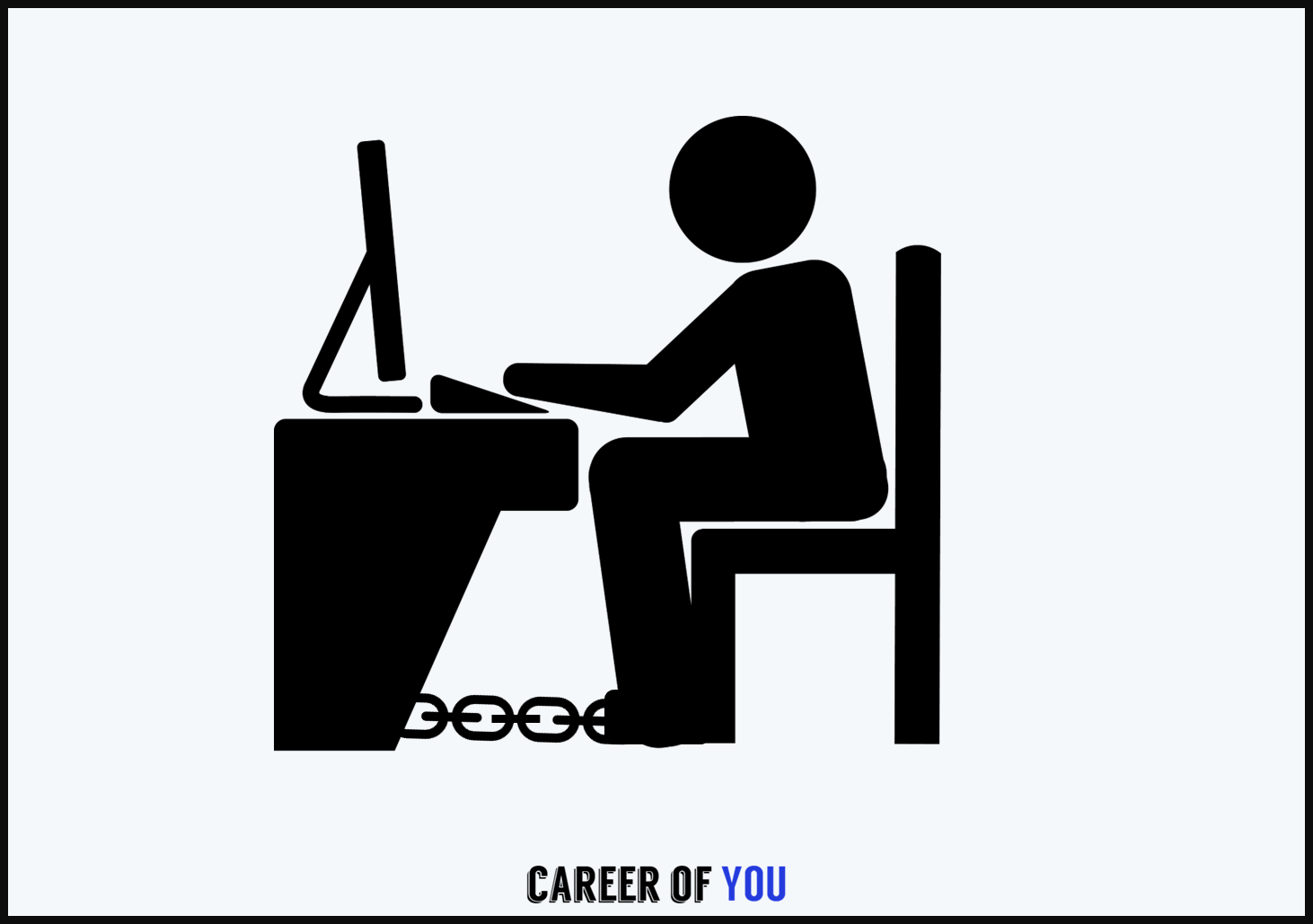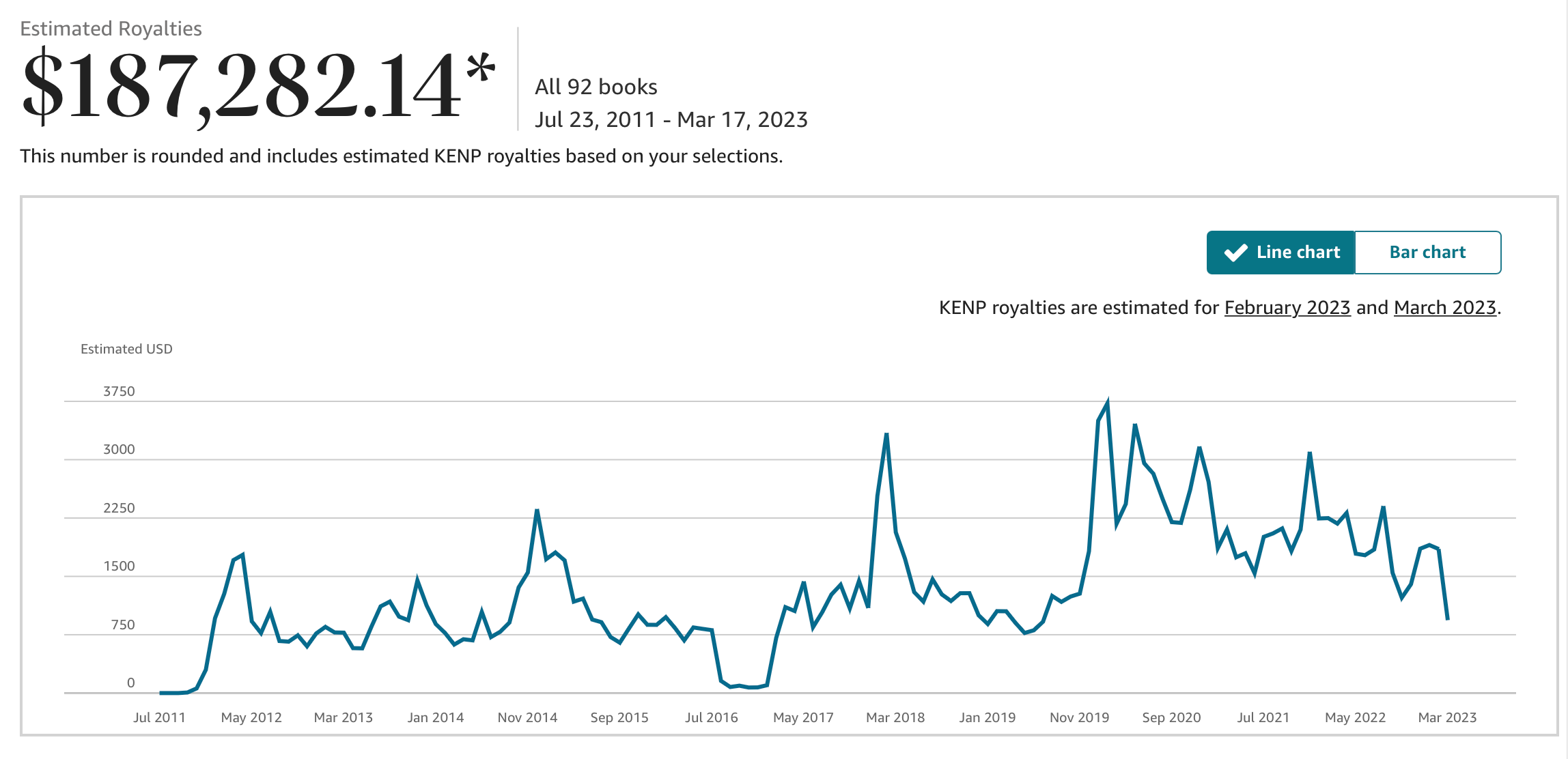Advice from a clinical psychologist.
ince the start of the pandemic, video calls have been helping us stay employed and connected. But many of us leave them feeling exhausted, so much so that a new phrase has entered our vocabulary — Zoom fatigue.
I recently finished another day of back-to-back video calls, and immediately fell asleep in our spare bedroom, which now doubles as my home office. Don’t get me wrong, I’ve felt tired from work before, but never passed out from exhaustion.
Wanting to understand what was going on I spoke to Dr. Colin Hicks, a friend of mine who works as a clinical psychologist. Here’s what he said.
Our brains can only to so many things at once
The first thing Dr. Hicks explained to me was cognitive load theory. Originally applied to the context of learning, cognitive load theory characterizes our mind as information processing systems made up of three parts: sensory memory, working memory, and long-term memory.

When the brain receives information, it categorizes it with the aim of moving it into long-term memory. There, it is stored in knowledge structures called schemas. The more practiced you become at using schemas, the more you can automate activities. “A good way of thinking about this is the process you go through while learning to drive,” says Dr. Hicks. “initially it’s completely overwhelming, but over time you can drive home from work on auto-pilot”.
According to Dr. Hicks, the reason we find video calls so draining is due to the limited capacity of our working memory. “Our brains can only do so many things at once. Meeting online increases your cognitive load, because several of its features take up a lot of your working memory”.
Dr. Hicks explained that during an in-person meeting, your brain focuses partly on the words being spoken, but is also automatically processing meaning from non-verbal cues. Is the person fidgeting? Are they rolling their eyes? Are they inhaling quickly in preparation to interrupt? Perceiving these cues comes very naturally and takes little conscious effort.
Being on a video call impairs these ingrained abilities, and requires a sustained and intense attention to words instead. If a person is only visible from the shoulders up, the possibility of interpreting body language is eliminated.
An increasing volume of evidence shows that multi-person calls are particularly exhausting for your brain. Holding a call in gallery view forces your brain to analyze so many people at once that your working memory simply becomes overloaded.
A lack of separation between environments
The second thing Dr. Hicks mentioned is the idea of self-complexity theory, which suggests that people have multiple versions of themselves that are context dependent. Who you are at work, differs from who you are with friends and family. When the boundaries between a person’s different identities reduce, you feel more vulnerable and more stressed.
“Most of our social roles happen in different places — your office, your home, a favorite bar or café. By doing everything on video calls those boundaries have completely collapsed. Imagine you used the same table in the same café to meet your friends, kiss your wife, and talk to your boss.” He continued:
“That’s basically what we are doing now. We are confined to one space and one medium for all communication. No wonder we’re exhausted.”
Dr. Hicks suggested using different rooms for different things. “The simple act of relocating to a different room is energizing. Try to use one room for work calls and another for social calls. Also at the end of the day, don’t leave your work stuff out. Shut your laptop and put your papers away somewhere out of sight to provide more physical separation.”
Being on camera is a performance
The last thing Dr. Hicks mentioned was that when we are on camera, we are very aware we are being watched. “When you’re on a video call, you’re essentially on stage. With that comes the subconscious knowledge that you are being judged on your performance. This is far more stressful than an in-person conversation and is why people get stage fright”.
“Also, on a video call, you get the added bonus of being able to see your own face all the time. I know coaches who film people giving presentations and then play it back to them so they can critique their performance. It’s always an uncomfortable experience. Being on camera during a call makes you hyper-conscious of your physical appearance and every expression you make. This takes far more energy than an in-person meeting, and our brains grow fatigued”.
So, how can we reduce zoom fatigue?
With many employees reporting that they will continue to work from home at least a couple of days a week after the pandemic, it looks like Zoom is here to stay. However, there are a number of steps you can take to reduce the negative effects of video conferences.
1. Turn off your camera
If you’re feeling self-conscious or overwhelmed turn off your camera. Save your energy for when you need to present information and ideas, rather than feeling you need to ‘perform’ throughout a meeting.
2. Build in transition periods
Building in breaks between video calls can help you refocus. Try stretching, making tea, or doing a few minutes of exercise.
3. Change your location
Try to use one room for work calls and another for social calls to create some physical separation between work and home. The simple act of relocating to a different room can be energizing.
A final word on kindness
Weare living through an unprecedented crisis where everyone is worried about their health, their job security, and their loved ones. We are all exhausted. Being on constant video calls is an endless, painful reminder of how dangerous the world has become, and how isolated we are from each other.
These tips can help prevent you from feeling so exhausted at the end of a working day, but it’s tiring enough adapting to the new normal. The most important thing we can do is show our colleagues understanding while we adapt, and make work meetings as easy as possible.





